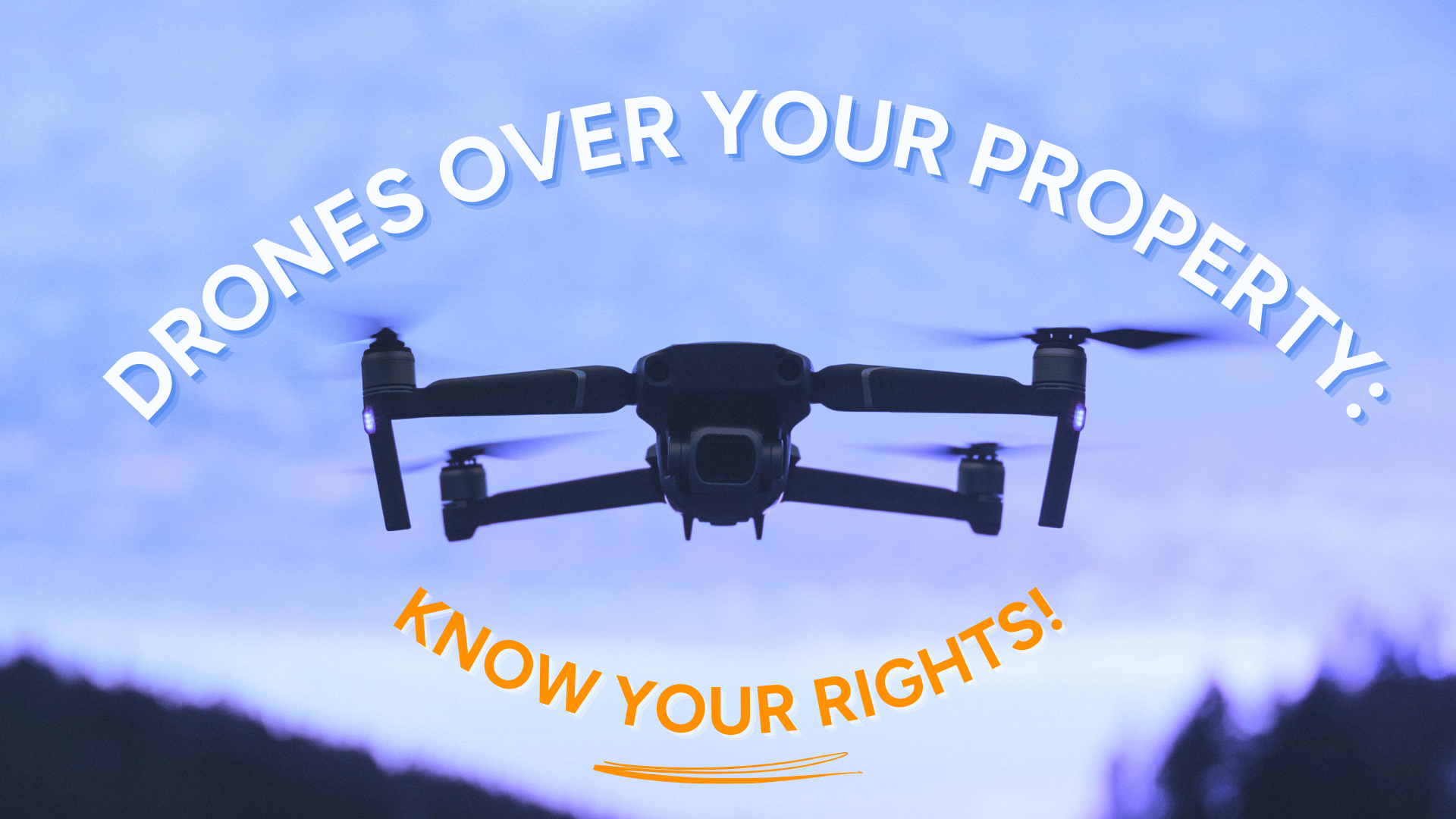
Nashville hot chicken, New Orleans beignets, Chicago deep-dish pizza, and Seattle coffee are some of the most well known regionally accredited delicacies in the United States. The method of delivery or presentation is often synonymous with its consumable counterpart. About a half hour from Seattle, a town called Everett, Washington is known for its drive-up coffee shacks, as well as a recent court ruling that admonishes a dress code impacting these establishments. In response to the 2017 passing of the code, employees, referred to as bikini baristas, filed a lawsuit, citing constitutional violations and an attack on women’s rights.
On October 19, a judge ruled on the discriminatory merits of the case. Contrary to the original complaint, the judge has confirmed that while the dress code violates the Equal Protection Clause of the U.S. Constitution, it does not disrupt the First Amendment. According to the town of Everett, it allegedly passed the law to protect impressionable minors and to help eliminate the exploitation of women. Specifically, the code restricts employees of food and beverage establishments from sporting attire that bares the stomach and skin below the shoulder blades. The law is so precise that it includes the top three inches of leg as a prohibited area of exposure.
Neglecting the practical matter of food safety, in 2017, the town focused on allegedly protecting the rights of women and minors. Some of the bikini baristas, however, did not appreciate the gesture, and contended that the law violated their right to free expression. The judge reportedly disagrees with the First Amendment argument, but does support the bikini baristas’ allegation that the dress code, in its significant ban of a variety of women’s clothing, treats women differently than men. The town’s ordinance blatantly targets the typical wardrobe of a coffee shack bikini barista, a profession that is almost exclusively held by women.



